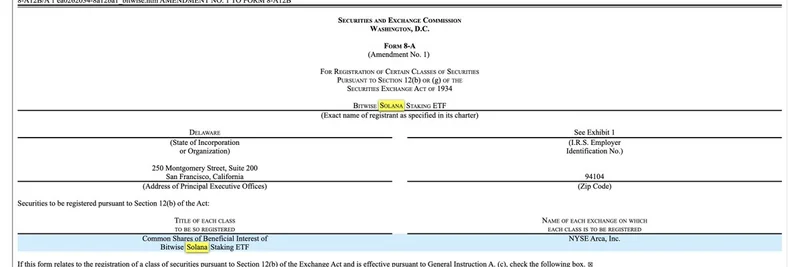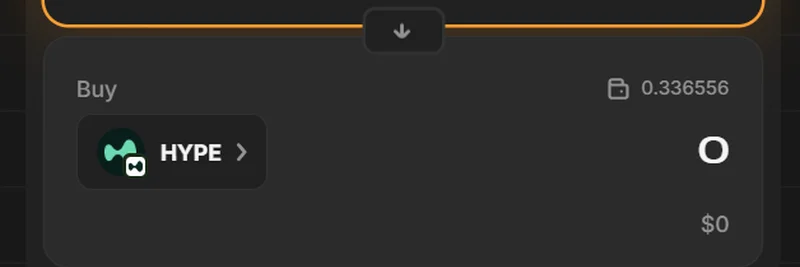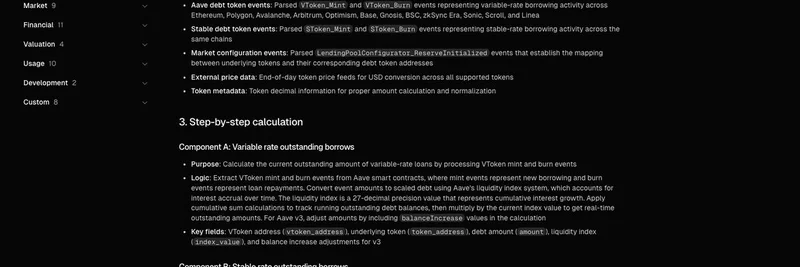In the fast-paced world of crypto and AI, privacy is more than a buzzword—it's a necessity. Erik Voorhees, the founder of ShapeShift and a prominent figure in the blockchain space, recently took to X (formerly Twitter) to sound the alarm on potential AI data leaks. His post, which quotes venture capitalist Jason Calacanis, highlights a growing concern: if AI companies store your conversations, they're bound to leak eventually.
The Spark: Voorhees' X Post
Voorhees' message was clear and direct: "If the AI company stores your conversations, they will be leaked eventually. The only safe solution is that they cannot be stored by the company. This is why we built https://venice.ai/ (safe and private, because nothing is stored on company servers, only in your browser). Hackers and govt subpoenas can't get info that doesn't exist."
This came in response to Calacanis' warning about blackmail scenarios involving leaked ChatGPT sessions. It's a reminder that in an era where AI tools are integral to everything from content creation to market analysis, your prompts and interactions could become public fodder.
For those in the meme token community, this hits close to home. Meme tokens thrive on creativity, humor, and sometimes edgy ideas brainstormed via AI. Imagine your wildest token concepts or marketing strategies getting exposed— not ideal when you're building the next viral sensation.
Why AI Privacy is Crucial for Crypto Enthusiasts
AI has revolutionized how we operate in blockchain. From generating smart contract ideas to analyzing market trends for tokens like MOR (from Morpheus) or even VVV (Venice's own token), these tools boost productivity. But centralized AI platforms, like ChatGPT, store your data on their servers, making it vulnerable to hacks, insider leaks, or legal demands.
Voorhees points out the inevitable: history shows data breaches happen. Remember the Facebook DM scandals? The same could apply here. In crypto, where pseudonymity and security are core, relying on centralized AI is a risk. Decentralized alternatives ensure your data stays local, reducing exposure.
Introducing Venice.ai: Privacy-First AI
Enter Venice.ai, the platform Voorhees and his team developed to address these issues. It's not just another AI chatbot—it's designed with privacy at its core. All processing happens in your browser or on your device, meaning no data is stored on central servers. This "zero-knowledge" approach means even if subpoenaed, there's nothing to hand over.
Key features include:
- Uncensored Access: Using open-source models like Llama 3.1 and Stable Diffusion, it allows unrestricted queries—perfect for creative meme token brainstorming without filters.
- Multi-Modal Capabilities: Generate text, images, code, and more. Pro users get unlimited prompts and advanced tools like character creation.
- Decentralized Backbone: Built on networks like Morpheus, a peer-to-peer AI system powered by the MOR token. This ties directly into crypto, incentivizing a decentralized ecosystem where users control their AI interactions.
- API for Builders: For meme token devs, the Private Inference API lets you integrate uncensored AI into your projects, all while maintaining privacy.
Venice.ai also launched its VVV token, further merging crypto and AI by enabling decentralized access and governance.
Ties to Decentralized AI and Meme Tokens
Venice.ai isn't isolated—it's part of the broader decentralized AI (DeAI) movement. Morpheus, for instance, powers aspects of Venice, creating a network where AI compute is distributed across users, rewarded via MOR tokens. This setup echoes meme token dynamics: community-driven, viral potential, and resistant to central control.
For meme token practitioners, tools like Venice.ai mean safer ideation. No more worrying about your "how to make the next Dogecoin" prompts leaking to competitors. Plus, with uncensored image generation, you can whip up meme visuals without Big Tech oversight.
Replies to Voorhees' post echoed this sentiment. One user highlighted Venice's integration with Morpheus for decentralized video generation, showcasing real-world DeAI in action. Others praised the privacy focus, calling it essential in an increasingly surveilled digital landscape.
Looking Ahead: Privacy in the AI-Crypto Nexus
As AI and crypto converge, platforms like Venice.ai set the standard for what's possible. They're not just tools; they're a statement on user sovereignty. If you're deep in meme tokens, exploring DeAI could give you an edge—secure, innovative, and aligned with blockchain ethos.
Whether you're a builder, trader, or just curious, check out Venice.ai and see how private AI can enhance your workflow. In a world where data is currency, keeping it yours is priceless.



